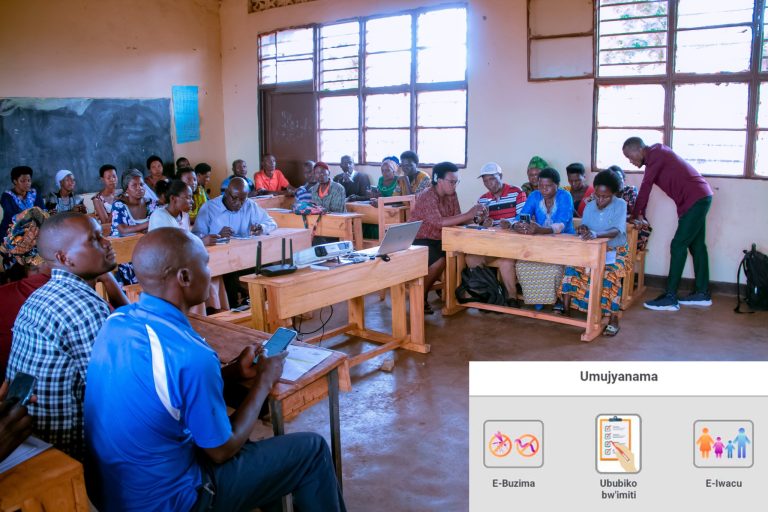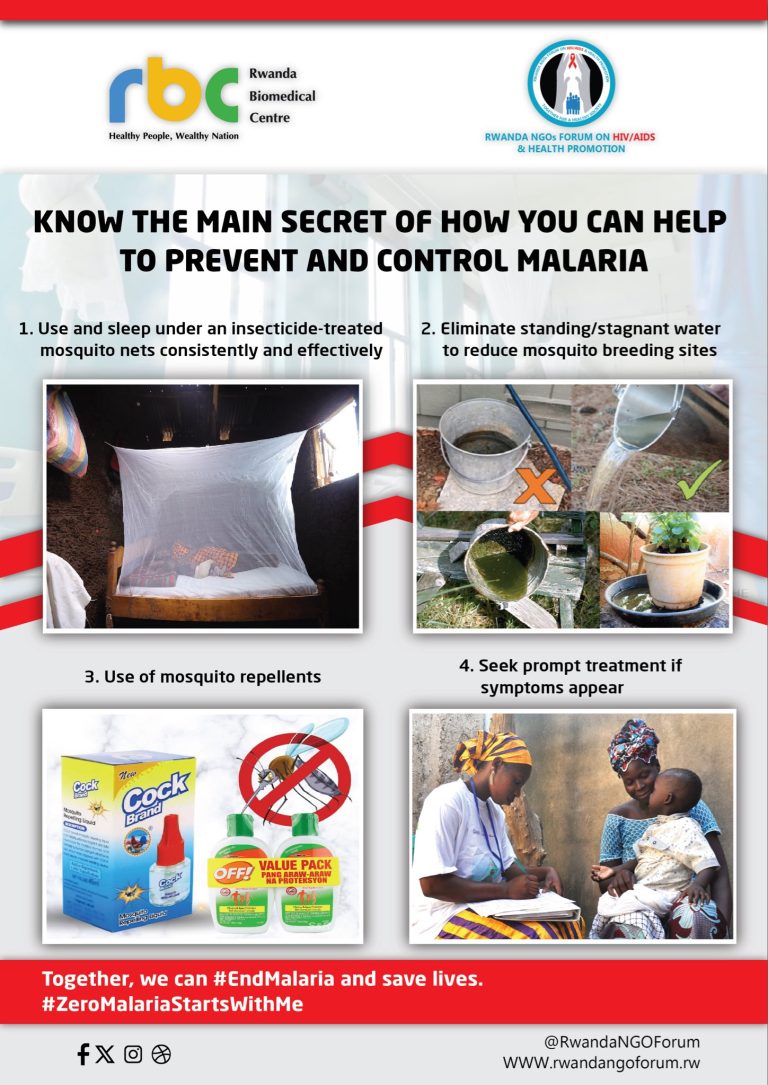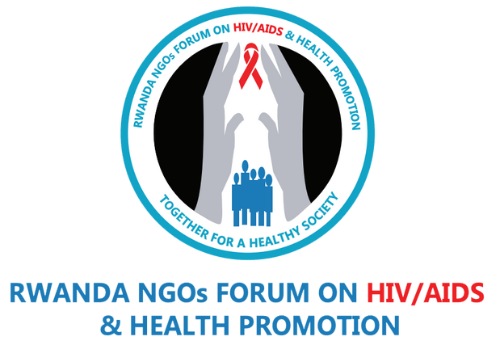
Program Overview
At the Rwanda NGOs Forum on HIV/AIDS and Health Promotion (RNGOF), we are committed to ending malaria as a public health threat in Rwanda. Despite the country’s significant progress—reducing malaria incidence by 86% from 2016 to 2023—malaria continues to affect thousands, especially the most vulnerable. That’s why we are spearheading innovative, community-centered strategies to prevent, control, and ultimately eliminate malaria across the Southern Province and beyond.
What We Do
1. Social and Behavior Change (SBC) for Malaria Prevention
We empower communities to adopt healthier behaviors and take ownership of malaria prevention. Our SBC approach goes beyond messaging; it emphasizes deep community engagement, participatory campaigns, and sustained behavior change. We partner with local leaders, health centers, and Community Health Workers (CHWs) to reach households with life-saving information and services.
2. Targeted Awareness and Education Campaigns
Using radio, school competitions, theater, social media, and community dialogues, we educate both the general population and high-risk groups—such as pregnant women, rice farmers, miners, and truck drivers—on malaria prevention and treatment. We ensure inclusive communication, integrating sign language and visual aids to leave no one behind.
3. Strengthening Local Capacity and Coordination
Our decentralized structure enables us to coordinate activities at provincial, district, and community levels. We train health workers, CHWs, and peer educators, and support them with tools and materials for effective service delivery. We also host biannual technical meetings to improve Integrated Vector Management (IVM) and Home-Based Management (HBM) of malaria.
4. Community-Led Vector Control
We equip local populations—especially in malaria hotspots—with practical skills to manage mosquito breeding grounds through integrated vector management. This includes larval source management, environmental sanitation, and community mobilization efforts.
5. Advocacy and Policy Engagement
We convene stakeholders from government, civil society, and the private sector to advocate for increased investment in malaria prevention. By incorporating malaria into broader health communication strategies, we aim to keep it high on the policy agenda.


Our Impact
- Increase correct and consistent use of mosquito nets (LLINs) across 85% of the at-risk population.
- Ensure at least 90% of people seek timely testing and treatment.
- Achieve behavior change across communities for sustainable malaria control.
- Reduce malaria morbidity and mortality by at least 90% of 2019 levels by 2027.
Monitoring and Accountability
We use evidence-based monitoring tools—including routine data collection, Knowledge Attitude Behavior and Practice (KABP) surveys, and integrated community-led monitoring—to assess progress, inform strategy, and ensure accountability at every level.
Together, we can eliminate malaria. RNGOF remains dedicated to creating a malaria-free Rwanda—one village, one household, and one life at a time.
